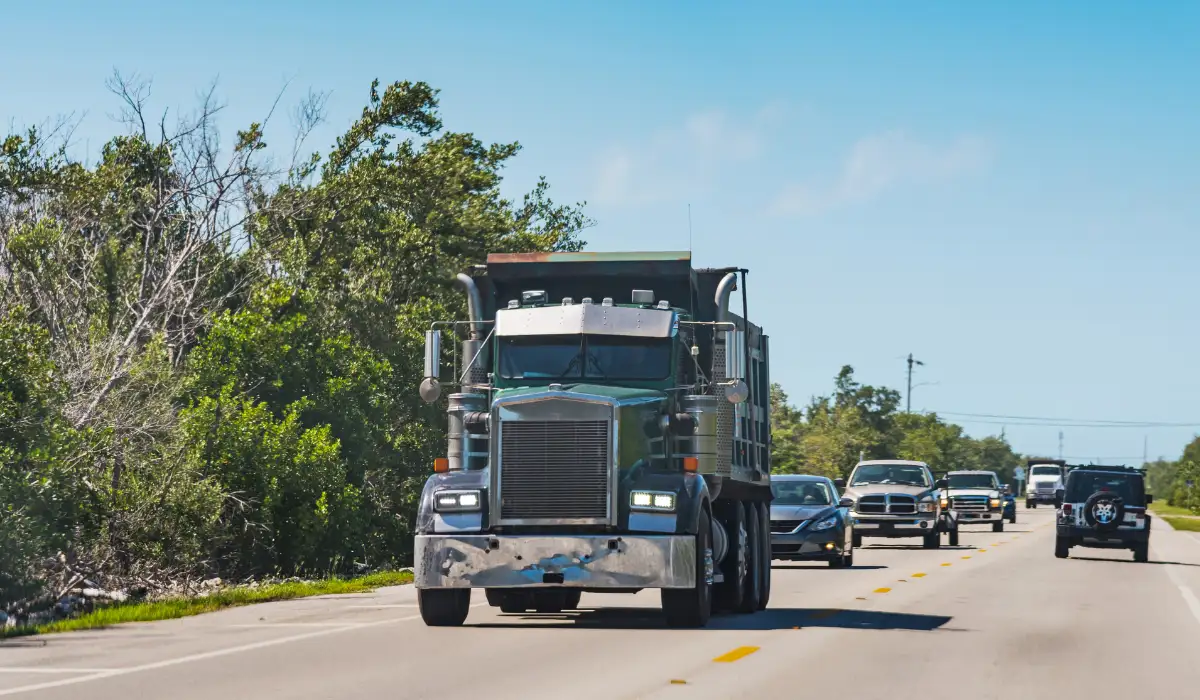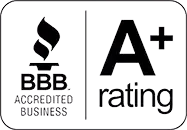Why obtain a Commercial Driver’s License?
A CDL is required for individuals who wish to operate commercial motor vehicles (CMVs) such as tractor-trailers, buses, and large trucks. Holding a CDL opens up numerous job opportunities in the transportation industry, including positions as truck drivers, bus drivers, and delivery drivers. Additionally, a CDL can lead to higher earning potential and job stability.
Types of commercial Driver Licenses in Florida
Before diving into the requirements, it’s important to understand the different classes of CDLs available in Florida:
- Class A: Allows you to operate combination vehicles with a gross combination weight rating (GCWR) of 26,001 pounds or more, provided the towed vehicle weighs more than 10,000 pounds.
- Class B: Permits you to drive single vehicles with a GVWR of 26,001 pounds or more, or any such vehicle towing a vehicle not exceeding 10,000 pounds.
- Class C: Required for operating vehicles designed to transport 16 or more passengers (including the driver) or carrying hazardous materials.
Requirements for a Commercial Drivers License in Florida
1. Age requirements
– You must be at least 18 years old to obtain a CDL for intrastate (within Florida) driving.
– You must be at least 21 years old to obtain a CDL for interstate (across state lines) driving, transporting hazardous materials, or driving a vehicle requiring a passenger endorsement.
2. Residency and citizenship
– You must be a resident of Florida and provide proof of residency.
– You must provide proof of U.S. citizenship or lawful permanent residency.
3. Medical certification
– You must obtain a Medical Examiner’s Certificate (DOT medical card) from a certified medical examiner listed on the National Registry of Certified Medical Examiners.
– The medical examination ensures that you are physically fit to operate a commercial vehicle.
4. Valid driver’s license
– You must hold a valid Florida driver’s license before applying for a CDL.
Steps to obtain a Commercial Driver’s License in Florida
1. Obtain a CDL manual
– Start by obtaining the Florida CDL Handbook from the Florida Department of Highway Safety and Motor Vehicles (FLHSMV) website or a local DMV office. This manual provides essential information on CDL requirements, testing procedures, and safety regulations.
2. Complete a CDL training program
– While not mandatory, enrolling in a CDL training program can significantly improve your chances of passing the CDL exams. These programs provide hands-on training and classroom instruction on operating commercial vehicles.
3. Pass the knowledge tests
– You must pass a series of knowledge tests based on the class of CDL you are applying for and any endorsements you seek. These tests cover topics such as general knowledge, air brakes, combination vehicles, and specific endorsements like hazardous materials or passenger transport.
4. Obtain a Commercial Learner’s Permit (CLP)
– After passing the knowledge tests, you will receive a Commercial Learner’s Permit (CLP). The CLP allows you to practice driving a commercial vehicle under the supervision of a licensed CDL holder.
– You must hold the CLP for at least 14 days before taking the skills test.
5. Pass the skills test
– The skills test consists of three parts: the pre-trip inspection, basic vehicle control, and on-road driving. You must pass all three parts to obtain your CDL.
– The pre-trip inspection requires you to demonstrate your knowledge of the vehicle’s safety features and components.
– The basic vehicle control test assesses your ability to maneuver the vehicle in various situations, such as backing up and parallel parking.
– The on-road driving test evaluates your ability to operate the vehicle safely in real-world traffic conditions.
6. Submit required documentation
– Provide proof of identity, residency, and U.S. citizenship or lawful permanent residency.
– Submit your Medical Examiner’s Certificate (DOT medical card).
– Present your valid Florida driver’s license and CLP.
7. Pay the applicable fees
– Pay the required fees for the CDL application, knowledge tests, skills test, and any endorsements you seek. Fee amounts can vary, so check with your local DMV office for the most up-to-date information.
Endorsements and restrictions
Depending on the type of commercial vehicle you wish to operate, you may need additional endorsements on your CDL. Common endorsements include:
– H: Hazardous materials
– P: Passenger transport
– N: Tank vehicles
– T: Double/triple trailers
– S: School bus
Each endorsement requires passing additional knowledge and/or skills tests. Conversely, certain restrictions may be placed on your CDL based on the type of vehicle you test in or specific limitations, such as:
– L: No air brake equipped CMV
– E: No manual transmission CMV
– K: Intrastate only
Maintaining and renewing your CDL
– Medical certification: Keep your Medical Examiner’s Certificate up to date. Failure to maintain a valid medical certification can result in the downgrade or suspension of your CDL.
– Renewal: CDLs in Florida are typically valid for eight years. You must renew your CDL before it expires by passing any required tests and paying the renewal fee.
– Continuing education: Stay informed about changes in regulations and industry standards by participating in continuing education and training programs.
Conclusion
Requirements for a Commercial Drivers License in Florida involves passing knowledge and skills tests, and maintaining proper documentation. By understanding the requirements for a commercial drivers license in Florida and following the necessary steps, you can successfully obtain your CDL and embark on a rewarding career in commercial driving. Whether you aim to drive trucks, buses, or other commercial vehicles, a CDL opens up numerous job opportunities and provides a pathway to a stable and lucrative career.


